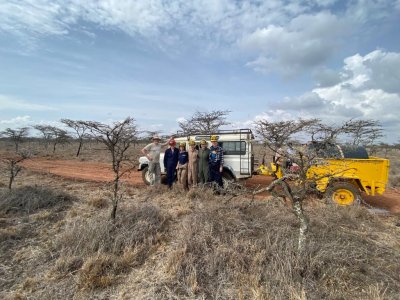Maybe you’ve been everywhere from Trinidad to Budapest, or maybe you’ve never left your home state. No matter your previous experience, a global studies minor can feed your curiosity, strengthen your intercultural skills and improve your job prospects.
This minor builds on Goshen College’s signature global experience, the Study-Service Term (SST). Students who have completed SST have the option of adding a global studies minor to their degree by earning 15 additional credits in the area of global studies. You can choose any five courses and tailor your choices to fit your interests and major.
If your SST experiences leave you with a hunger for more, a global studies minor is a great way to add breadth and depth to your global citizenship.
Request InfoVisit CampusApply Now








